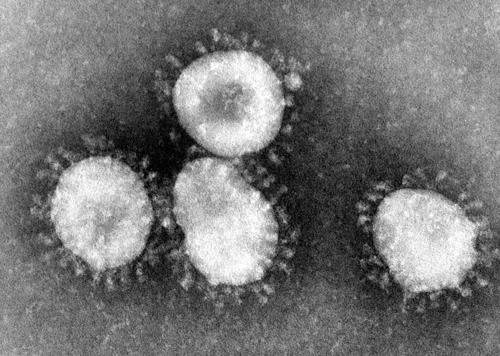The Coronavirus Outbreak: Should Travelers Be Worried?
What is the coronavirus and what countries should you avoid?
by Cristina Morales | January 22, 2020
If you’ve been paying attention to the news recently, you’ve probably heard of the coronavirus outbreak spreading in China and in other countries. Should travelers be worried? Read on to learn more about the countries affected by coronavirus and how you can avoid infection.
What is the coronavirus?
There isn’t just one coronavirus—coronaviruses are a large family of viruses. Some only cause mild respiratory diseases like the common cold, but some—such as the SARS and MERS virus—have caused severe diseases. The current outbreak is being officially referred to as the 2019 Novel Coronavirus, sometimes the Wuhan Coronavirus.
This disease was first identified in early December 2019 in the city of Wuhan, Hubei Province, China. According to China’s National Health Commission Minister, Li Bin, the virus has infected 440 people across China and killed 9 people. It has also spread to five other countries, with one confirmed case in Thailand, one case in Taiwan, one case in South Korea, one in Japan, and one case in the United States.
Is the Wuhan coronavirus in the Philippines?
A child who had traveled to the Philippines from Wuhan has tested positive for a “non-specific pancoronavirus assay”, but the specific strain has not been identified. Authorities have sent samples to a laboratory in Australia for further testing.
There have also been suspected cases in Australia, Hong Kong, and Nepal.
Should travelers avoid affected countries?
Apart from the outbreak in Wuhan, the cases in other countries are isolated and should not cause alarm. Chinese officials have started screening travelers leaving Wuhan, and several countries—including the Philippines—have started screening travelers arriving from Wuhan and China.

What can travelers do to protect themselves?
If you’re traveling to Wuhan or any affected area, follow these tips from the US Center of Disease Control and Prevention:
- Avoid contact with sick people.
- Avoid animals (alive or dead), animal markets, and products that come from animals (such as uncooked meat).
- Wash hands often. Do this with soap and water for at least 20 seconds. If there isn’t any soap and water available, use an alcohol-based hand sanitizer.
If you traveled to Wuhan and notice symptoms such as fever, cough, or difficulty breathing, you should:
- Seek medical ASAP. Before going to a doctor’s office or emergency room, call ahead to tell them about your travels and symptoms.
- Avoid contact with others.
- Avoid traveling while sick.
- Cover your mouth and nose with a tissue or your sleeve (i.e. not your hands) when coughing or sneezing.
- Wash hands often. Do this with soap and water for at least 20 seconds. If there isn’t any soap and water available, use an alcohol-based hand sanitizer.
Stay safe!










Pingback: COVID-19 Travel Bans: What Filipino Travelers Need to Know
February 14, 2020 at 11:35 pm
Pingback: COVID-19: Can Filipino Travellers Still Visit Japan?
March 6, 2020 at 1:01 pm
Pingback: LIST: Events Cancelled or Postponed Due to the Threat of Coronavirus Disease
March 11, 2020 at 11:00 am